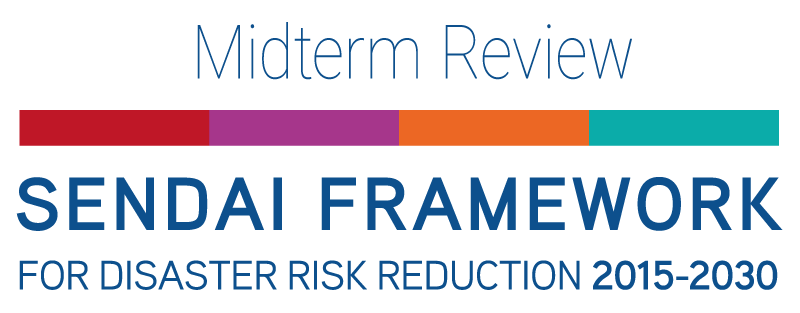HLM - Multistakeholder Panel 2: De-risking investment and reconfiguring the global financial system to move from risk generation to risk reduction
Trusteeship Council Chamber
Time
11:30 – 13:00 (GMT-5)
Overview
The current investment and financing landscape has seen progress towards integrating various dimensions of risk. However, public and private sector financing is not adequately internalizing current and projected disaster risk, thus driving future catastrophes through risk-blind investment decisions. The current approach to finance is yet to be aligned with the reality of the increasing levels of disaster risk within economic, social, and environmental systems.
An urgent shift in the balance from investing in response and protection, to prevention and disaster risk reduction is imperative. Yet, many aspects of the financial system, macroeconomic policy, and development and climate finance continue to contribute to the creation of disaster risk. Insufficient consideration of the impact of investments is exacerbating the exposure and vulnerability of communities, supply chains, and natural ecosystems, and ignoring or disassociating such investments from subsequent macroeconomic implications.
The panel will examine opportunities to reimagine the fundamental relationship between the economy, the environment, and society. There has been significant momentum towards the systemic reform of the financial system in recent years. Efforts to date have focused on the development of new governing rules, structures, and processes within the financial system; but Member States and the international financial system need to address market short-termism and failures that impact efficient pricing and proper consideration of disaster risks, using fiscal and market-based measures and other incentives.
The ongoing efforts to reconfigure how risk is treated in the global financial system will be examined, and recommendations proposed for collaboration, integration and amplification of capital deployment at the service of human and ecosystems’ health and wellbeing, rather than to their detriment.
Guiding questions:
- What actions can be taken in the financial regulatory and supervisory domain that can ensure disaster risk is accurately priced, accounted for, and disclosed in decisions?
- What lessons can be drawn from other related efforts, such as the Task Force on Climate-related Financial Disclosures and Task Force on Nature-related Financial Disclosures?
- What role is there for central banks and other national monetary authorities in integrating disaster risk reduction into their decisions, or the credit decisions of commercial banks?
- What fiscal measures or other incentives could be installed to push private sector financial flows towards more sustainable, risk-adjusted outcomes?
